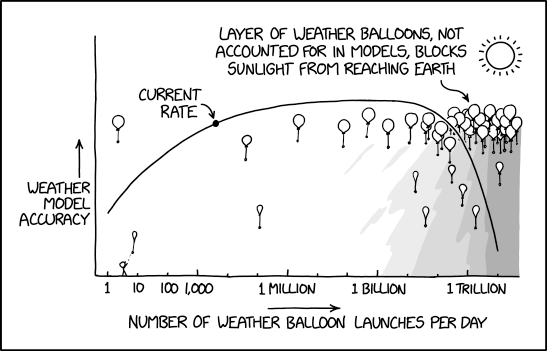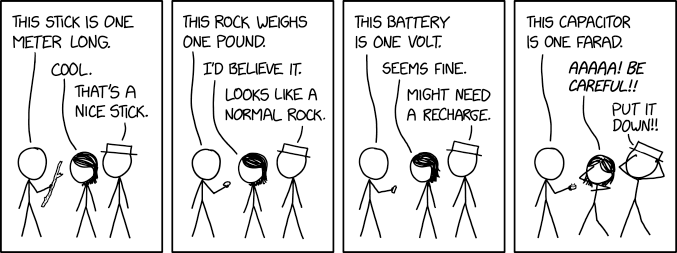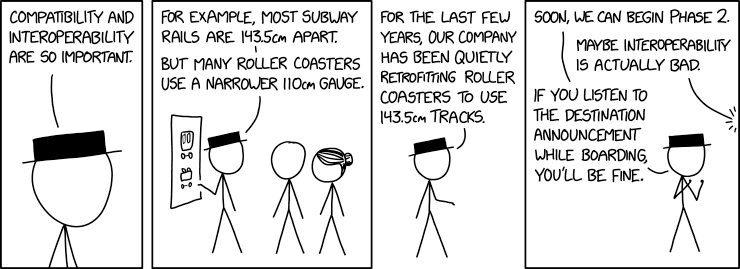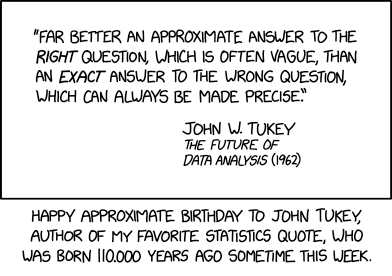I had such a good time with my garden last season. It was the first time I had ever capital-t Tended a garden in my life, and it was a deeply meaningful experience for me. I learned a lot about myself in the process, because I kept allowing my garden to be a metaphor. Also, I had more tomatoes than I could give away, the biggest pumpkin I have ever seen, peppers forever, and sunflowers that went up to here.
I have been intensely focused on CPTSD recovery from child abuse for a couple of years. I work on it in therapy every week, and I work on it in between sessions, when I’m able. Walking my garden twice a day gave me lots of opportunities to reflect on The Work that I was doing, and I’m pretty sure it gave me an extra d4+1 on all my saves.
I live in zone 10B, and we can grow just about anything here, all year long, if we’re willing to do some extra work during the frigid 40 degree nights we endure for up to a whole week every January. I’ve never done that before, because I’ve never felt connected enough to my garden to get the winter survival gear out of the trunk.
But this past winter, I thought I’d give it a go. I looked into it, and saw that most of the winter stuff available to me didn’t interest me enough to plant and Tend it. But I read about planting a cover crop, and that sounded pretty cool. I liked the idea of putting a ton of seeds down and staying out of their way while they did their thing for a couple of months.
I ended up choosing a mixture of oats, peas, and radishes. I cut everything down to a nub, to let the roots die off and nourish the soil, and tossed the seeds all over the place.
Over the winter, they sprouted and grew into one hell of a cover crop. The peas produced beautiful, delicate, purple and white flowers. The oats got so tall, and surprisingly smelled kind of sweet, too. Marlowe loved eating big blades of grass every day. I noticed that they sort of whistled or hummed softly when the breeze was just right. Depending on the sunlight, they looked green or blue.
About a month ago, they started to dry up. Marlowe lost interest in the grass, which I presume wasn’t as sweet as it was when it was still cold at night. Anne and I planned this season’s garden, with fewer tomatoes, and I began to prepare the planting beds.
I started clearing the cover crop out, one section at a time. The peas were all dead and crumbled in my hands. I turned them into the soil. There was one radish, a big daikon-looking thing that filled the air with a spicy blast when I yanked it up. Then there were the oats, three and four feet tall, growing in thick clumps that formed a tiny forest for ants. I pulled them out, one at a time, shaking all the soil off the roots. Dust clung to my hands and forearms.
I started on one side, and worked my way down and around, one clump at a time. The soil came up and fell off the roots easily. It fell back into fluffy mounds that I swept into the holes left behind. I wiped the sweat off my brow with the back of my right hand, then wiped the mud I’d left behind with my left hand. I tried both forearms before I started laughing and accepted my muddy forehead.
I kept working, silently thanking the oats for doing exactly what they were asked to do as I cleared one and then the next and the next.
I blinked sweat out of my eyes, shook some mud off my head, and looked at the newly-cleared garden. The soil was fluffy and rich. Loamy, I think they call it. It was ready for the growing season, and I was ready to plant it.
But first, in the final corner, there were a couple clumps of very tall, very thick, oats to pull out. I considered leaving them, so Marlowe could continue to have her grass snacks, but she hasn’t been that interested for about two weeks, at least.
“You have done all that was asked of you,” I said, “you can rest, now.” I wrapped my hand about the base of the clump nearest to me and gently pulled it up. I shook the soil out of its roots, put it to the side, and moved on to the next one. I stopped suddenly and stared through the little forest.
There was a deep green … something … against the wooden edge of the planter. Some kind of hornworm, maybe? A beetle I’ve never seen before? What the hell is that?
I parted the stalks and saw a single jalapeño hanging from the top of a single stalk. The nub I cut back at the end of last year, safely hidden by the cover crop, grew back at some point, flowered, and produced a single, perfect, beautiful fruit while nobody was looking, or expecting anything from it. I looked closer and two additional flowers revealed themselves.
I cleared the remaining oats, careful to not disturb my unexpected jalapeño. It’s obviously thriving, but the flowers are so delicate before they begin to bear fruit; they must be treated with care, even if that just means being careful around them. It’s good to do that, from time to time, I think: remember to take care. We can easily damage something we aren’t even thinking about, when we are careless.
I didn’t expect anything from the cover crop. I just put it down and hoped the seeds would grow. I didn’t expect anything from this jalapeño. In fact, Mr. Bond, I expected it to die.
It’s amazing what happens when we plant seeds, and tend to our gardens, without any expectations, isn’t it?






 ︎
︎




